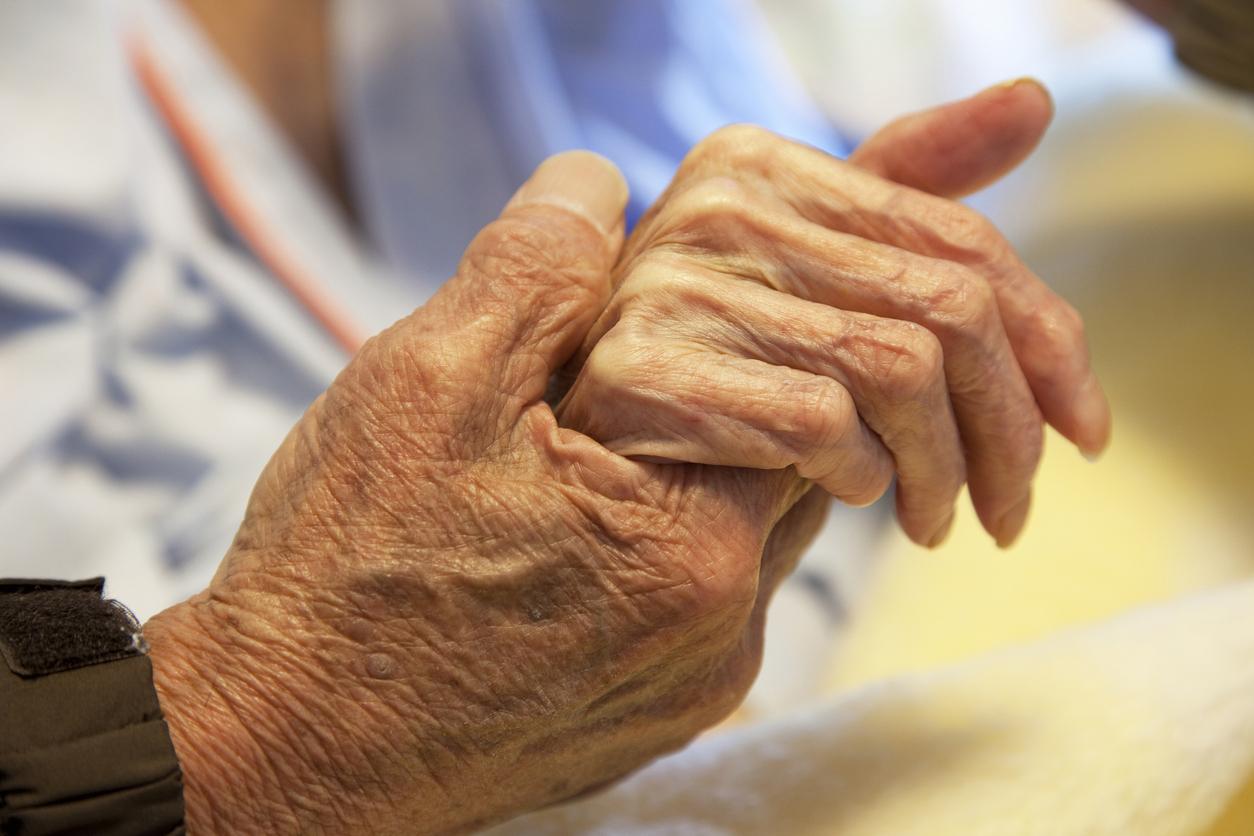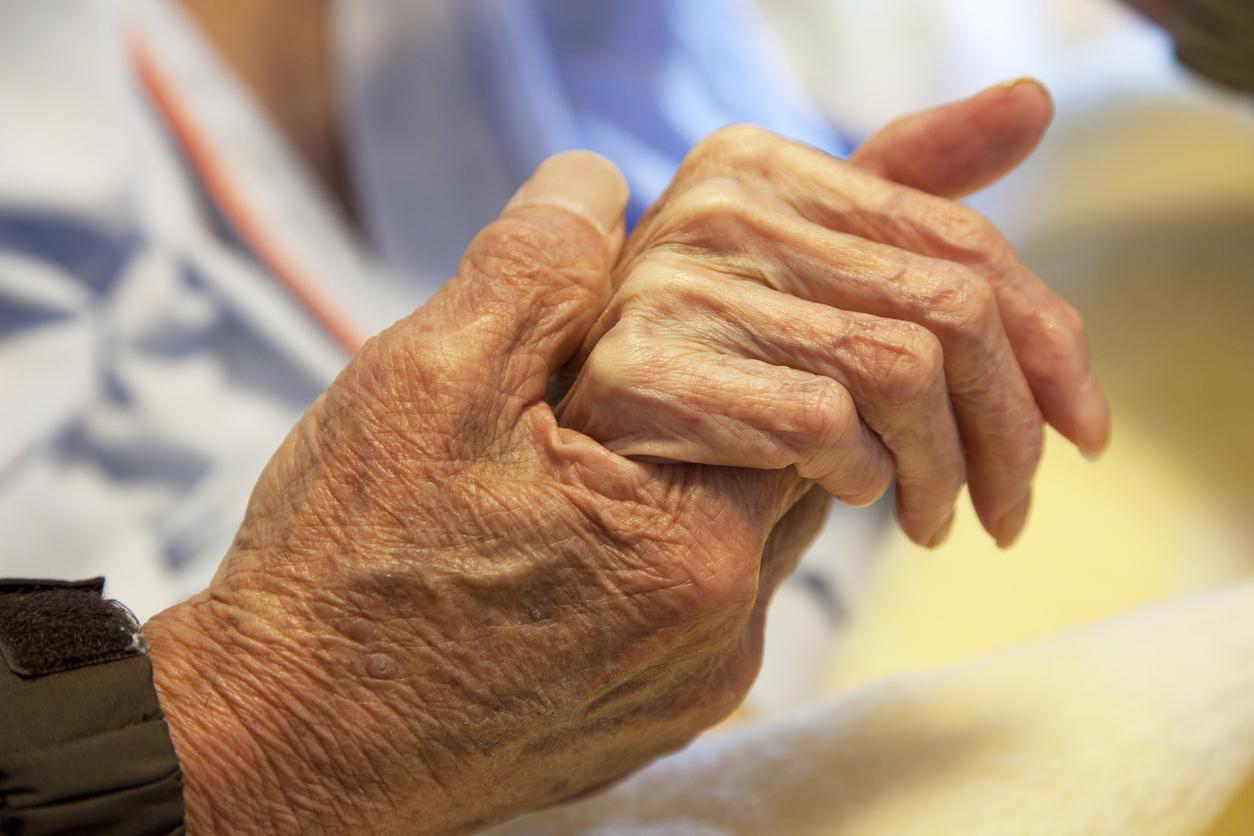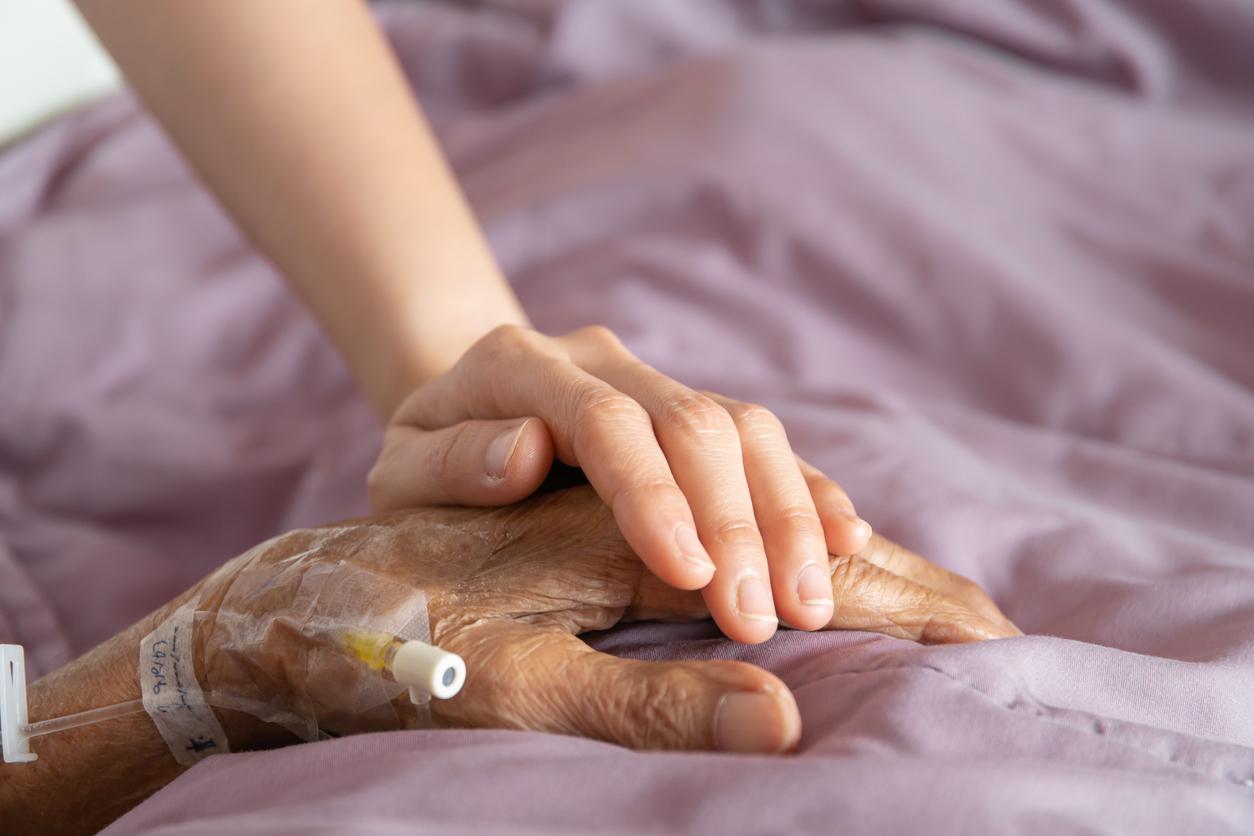The French are overwhelmingly in favor of an evolution of the legislation on the end of life, even if they know very little about it, according to a survey.

Euthanasia is no longer a taboo, and the French want the law to change. Eight in ten are in favor of euthanasia in certain circumstances, and almost as many are in favor of assisted suicide, according to a poll released today, which also shows that current legislation remains poorly understood.
For patients “at the end of their life” affected by “intolerable physical or psychological pain”, 80% of the people questioned say they are “rather in favor” or “completely in favor” of euthanasia, that is to say the fact that a doctor causes death by administering a lethal substance, according to the survey by the Ifop institute for the Adréa Foundation.
A law not well known
In addition, 76% say they are in favor of “the possibility for a patient to have a lethal substance that he would administer himself while benefiting from a medical supervision”, and 88% are in favor of “stopping care with relief of the patient’s suffering by anesthetic treatment causing a decrease in consciousness ”.
If they were confronted with this situation themselves, 38% of respondents would prefer stopping care and sedation, 26% euthanasia, and 23% assisted suicide, while 13% did not wish to comment. .
Only the first of these three possibilities is currently legal in France. Yet 47% of those surveyed believe that the law currently allows euthanasia. And only 12% know the content of the Claeys-Leonetti law on the end of life, promulgated on February 2, 2016, for 26% who have heard of it but do not see precisely what it is, and 62% who do not haven’t heard of it.
Poorly identified rights
This text provides in particular for a “right to deep and continuous sedation” until death for some people and makes binding “advance directives”, by which everyone can stipulate his refusal of a relentless therapeutic. It complements the Leonetti law of 2005, which established the right “to limit or stop treatment that is unnecessary, disproportionate or having no other purpose than the sole artificial prolongation of life”.
In terms of advance directives, 92% of those questioned consider it “essential” or “important” that their relatives know their wishes, but 88% have never drawn up such directives. In addition, only half of those polled know their spouse’s wishes, and a third that of their parents.
.















